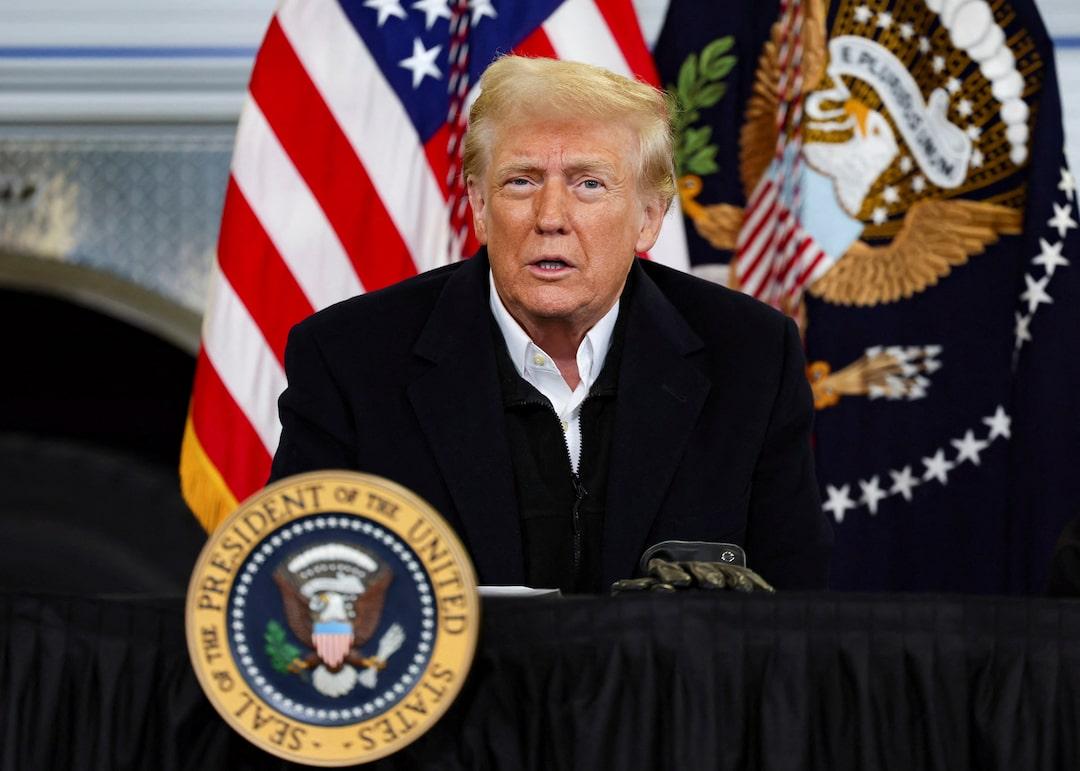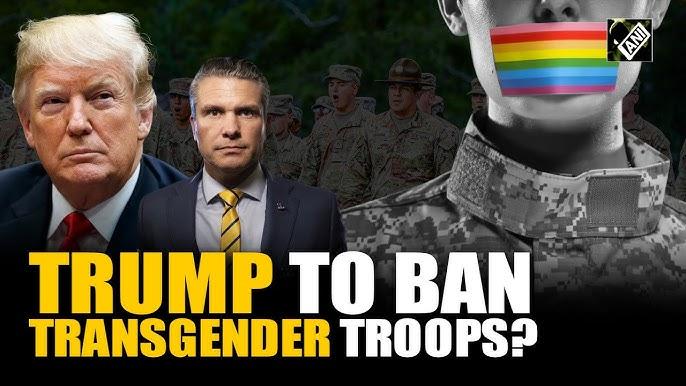In a move that has sparked intense debate, U.S. President Donald Trump is poised to sign executive orders that will fundamentally reshape the U.S. military’s structure and ethos. According to newly appointed Defense Secretary Pete Hegseth, these orders will eliminate diversity, equity, and inclusion (DEI) programs within the armed forces and reinstate thousands of service members discharged for refusing COVID-19 vaccines during the pandemic. The announcement, made during Hegseth’s first full day at the Pentagon following a contentious Senate confirmation, signals a dramatic shift in military policy that critics argue undermines human rights and serves a broader, troubling agenda.

Hegseth, speaking to the press, framed the decision as a return to a “warrior ethos,” prioritizing military strength and deterrence over what he described as divisive social initiatives. The DEI programs, implemented to foster inclusivity and address systemic inequities, have been a cornerstone of recent efforts to modernize the military. Their removal, critics contend, dismisses the importance of ensuring equal opportunities for all service members, regardless of race, gender, or background. By dismantling these initiatives, the administration risks alienating diverse talent and weakening the military’s cohesion, opponents argue, while supporters claim it refocuses the institution on combat readiness.
The reinstatement of troops discharged for refusing COVID-19 vaccines has further fueled controversy. During the pandemic, thousands of service members faced dismissal for non-compliance with vaccine mandates, a policy rooted in public health concerns to maintain operational readiness. Hegseth’s pledge to bring these individuals back into the fold is seen by some as a correction of overreach, restoring personal choice to soldiers. However, others view it as a dangerous precedent, potentially undermining military discipline and public health protocols. The move raises questions about how the military will balance individual freedoms with collective responsibility in future crises.

Critics of Trump’s orders have been quick to label them as part of a broader, more sinister agenda. By framing DEI as a hindrance to military effectiveness and championing vaccine refusal, the administration is accused of pandering to populist sentiments while eroding the principles of equality and human rights. Some analysts suggest this could be a calculated step toward consolidating power, aligning the military with a nationalist vision that prioritizes loyalty to a specific ideology over universal values. The rhetoric surrounding these changes—emphasizing a return to traditional military values—has led to speculation about an underlying intent to reshape global influence through a more aggressive, less inclusive armed forces.
Hegseth’s vision, as outlined during his swearing-in ceremony, focuses on rebuilding military strength and enhancing deterrence. Yet, the elimination of DEI programs risks alienating allies who value inclusivity as a marker of democratic integrity. Internationally, the move could weaken the U.S.’s soft power, particularly among nations that view diversity as a strength. The reinstatement of unvaccinated troops, meanwhile, may complicate military cooperation with allies who maintain strict health protocols, potentially straining joint operations.
The broader implications of these policies extend beyond the military. By prioritizing a narrow definition of strength, the administration may signal a retreat from global human rights commitments. Critics argue this could embolden authoritarian regimes, who may see the U.S.’s actions as a tacit endorsement of exclusionary policies. Domestically, the orders are likely to deepen divisions, with progressive groups decrying the erosion of equity and conservative factions celebrating the rejection of what they view as “woke” ideology.
As the nation grapples with these changes, the military finds itself at a crossroads. Will it emerge as a more unified, combat-focused force, as Hegseth envisions, or will these policies fracture its ranks and tarnish its global standing? The answers remain uncertain, but the debate is far from over. Trump’s executive orders, set to redefine the military’s priorities, have ignited a firestorm of criticism and support, with far-reaching consequences for both national security and the global perception of American values.






